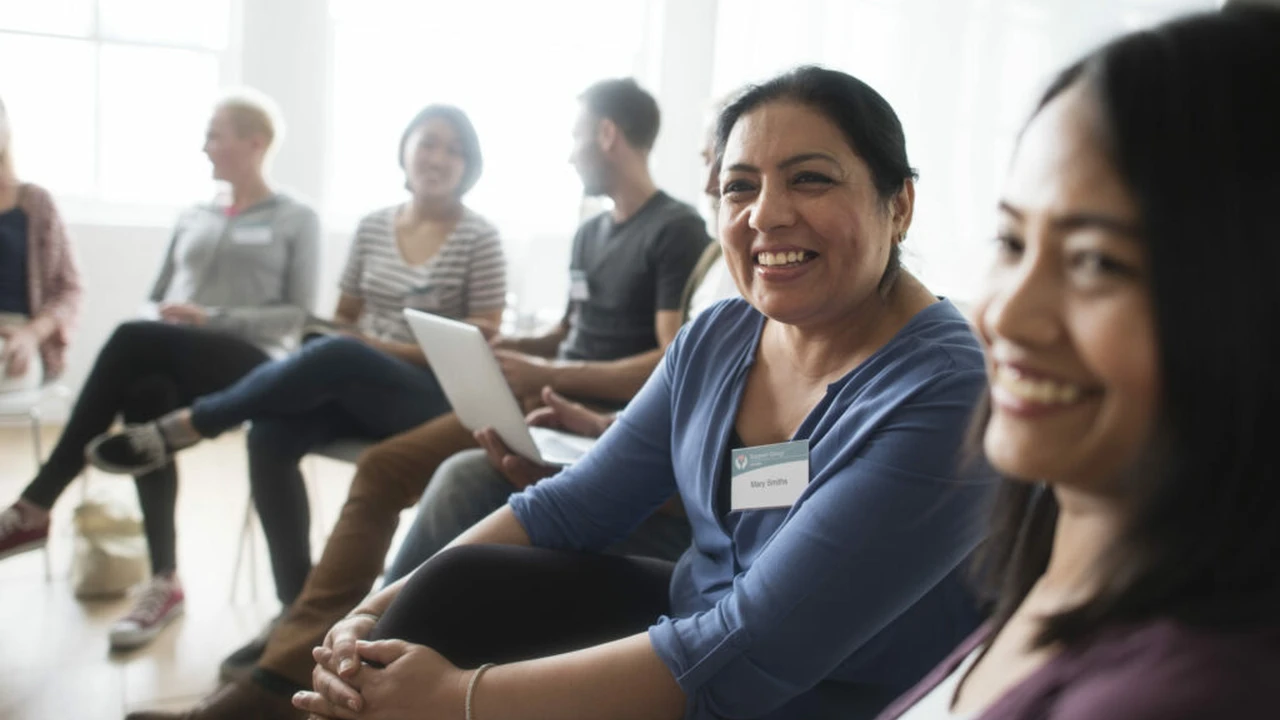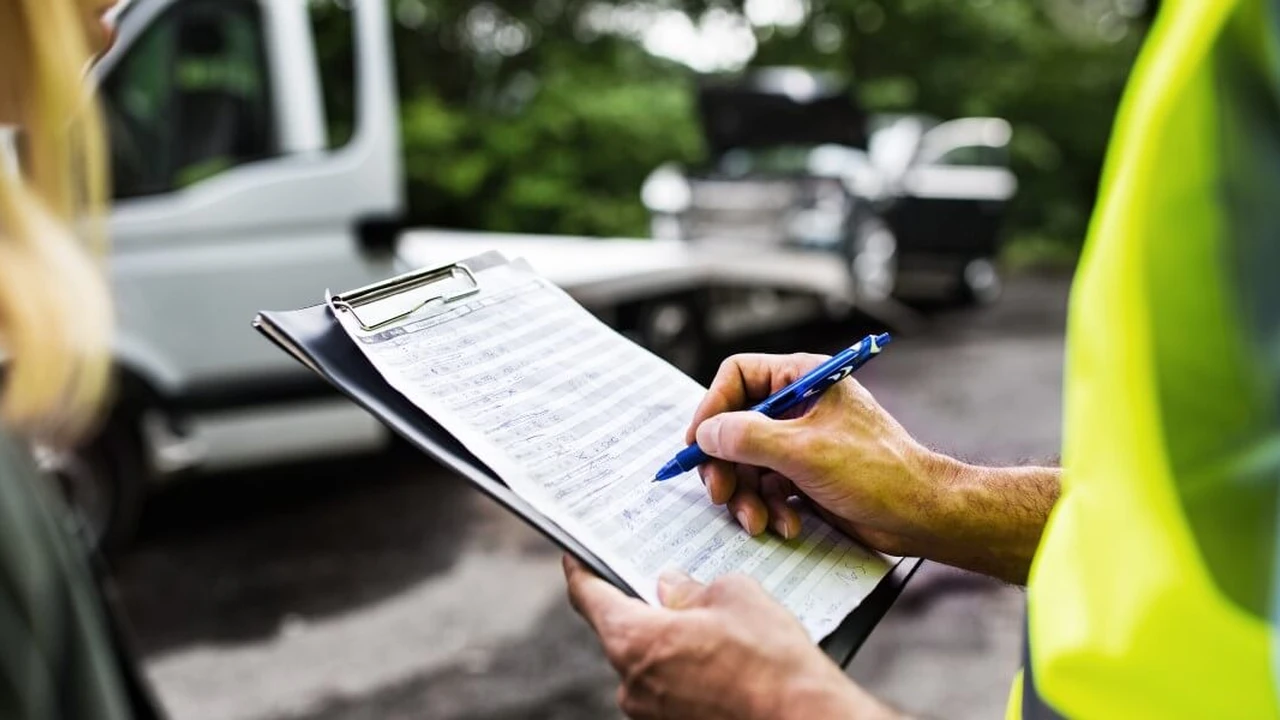7 Best Support Groups for Car Accident Survivors
Sample meta description.

Finding the Right Support System After a Car Accident Recovery Journey
Hey everyone, dealing with the aftermath of a car accident is rough. Beyond the physical injuries, there's a whole wave of emotional and mental challenges that can feel incredibly isolating. That's why finding the right support group can be a game-changer. It's a place where you can connect with people who truly understand what you're going through, share your experiences, and learn coping strategies. It’s not just about venting; it’s about building a community that understands the unique struggles of car accident survivors.
The Importance of Peer Support Car Accident Trauma
Why are support groups so important? Well, talking to friends and family is great, but sometimes they just can't fully grasp the complexities of post-accident trauma. A support group offers a safe space to discuss feelings of anxiety, depression, PTSD, and even survivor's guilt, without judgment. It's a place where you can be vulnerable and honest about your struggles, knowing that others have been there too. Knowing you are not alone is powerful.
Online vs In-Person Support Groups for Car Accident Victims
Okay, so where do you start? You’ve got options. There are online support groups, which are super convenient, especially if you have mobility issues or live in a rural area. You can participate from the comfort of your own home, and there are usually groups running at different times to fit your schedule. On the other hand, in-person groups offer a more intimate and face-to-face connection. The energy of being in a room with others who understand can be incredibly healing. Consider what feels most comfortable and accessible for you.
Top 7 Support Groups for Car Accident Survivors A Detailed Review
Alright, let's dive into some specific support groups. These are some of the best out there, offering a variety of resources and support options:
1 Mothers Against Drunk Driving MADD Support for Grieving Families and Injury Victims
MADD isn't just about preventing drunk driving; they also provide incredible support to victims and their families. They have local chapters all over the country, offering support groups, victim advocates, and resources for navigating the legal system. They understand the unique pain and anger associated with accidents caused by impaired drivers.
2 The Brain Injury Association of America BIAA Resources for Cognitive and Emotional Recovery
If you or a loved one has suffered a brain injury as a result of the accident, the BIAA is an invaluable resource. They offer support groups, educational materials, and connections to rehabilitation services. They focus on the specific challenges of brain injury recovery, including cognitive and emotional issues.
3 The American Psychological Association APA Finding a Therapist for PTSD and Anxiety
While not a support group per se, the APA is a great resource for finding a qualified therapist who specializes in trauma and PTSD. They have a directory of psychologists and therapists, and you can search by location, insurance, and specialty. Individual therapy can be a powerful complement to support group participation.
4 The National Center for PTSD Veterans and Civilian Trauma Support
The National Center for PTSD offers a wealth of information and resources for individuals struggling with PTSD. They have online resources, educational materials, and a directory of treatment providers. They also offer specialized programs for veterans and active-duty military personnel.
5 The Compassionate Friends Coping with Grief After a Loss
If you've lost a loved one in a car accident, The Compassionate Friends offers support and understanding during the grieving process. They have local chapters all over the country, offering support groups and one-on-one support. They understand the unique pain of losing a child, sibling, or other family member.
6 Online Forums and Communities Car Accident Survivor Networks
There are tons of online forums and communities dedicated to car accident survivors. These can be a great way to connect with others, share your experiences, and ask questions. Just be sure to choose reputable and moderated communities to avoid misinformation and negativity.
7 Local Hospitals and Rehabilitation Centers Finding Regional Support Programs
Many hospitals and rehabilitation centers offer their own support groups for car accident survivors. These groups are often led by therapists or social workers and can provide a structured and supportive environment. Check with your local hospital or rehab center to see what's available.
Products That Can Aid in Recovery and Moving Forward Post-Accident Assistance
Beyond support groups, there are also products that can help you cope and recover after a car accident. Here are a few suggestions:
Ergonomic Car Seat Cushions Providing Comfort and Support While Driving
Product: Everlasting Comfort Car Cushion
Use Case: Provides lumbar support and reduces back pain while driving, especially helpful for those with injuries from the accident.
Comparison: Compared to cheaper options, this cushion uses high-density memory foam that retains its shape and provides superior support. Gel-infused cushions are another option but can sometimes feel too cold or hot depending on the weather.
Price: Around $40 on Amazon.
Adjustable Back Support Braces Pain Relief and Posture Correction
Product: ComfyBrace Posture Corrector
Use Case: Helps improve posture and relieve back pain, especially beneficial if you experienced whiplash or other neck and back injuries.
Comparison: Some braces can be bulky and uncomfortable. This one is designed to be discreet and adjustable, allowing you to wear it under clothing. Other options might offer more rigid support, but this one prioritizes comfort.
Price: Around $25 on Amazon.
White Noise Machines for Sleep Improvement and Anxiety Reduction
Product: LectroFan White Noise Machine
Use Case: Helps block out distracting noises and create a calming environment for sleep. Many people experience anxiety and sleep disturbances after a car accident, and this can help.
Comparison: Compared to sound machines that use looping recordings, the LectroFan generates its sounds electronically, which means no repeating patterns. Smartphone apps are another option, but this dedicated device won't drain your phone battery.
Price: Around $50 on Amazon.
Adaptive Utensils for Limited Mobility Meal Time Solutions
Product: Special Supplies Adaptive Utensils Set
Use Case: If the accident resulted in limited hand or arm mobility, these utensils can make eating easier. They have large, easy-to-grip handles and are angled for comfortable use.
Comparison: Some adaptive utensils are designed for specific conditions like arthritis. This set is more versatile and suitable for a wider range of mobility issues. Stainless steel options are more durable than plastic.
Price: Around $30 on Amazon.
Seatbelt Cutter and Window Breaker Emergency Escape Tools
Product: Resqme Car Escape Tool
Use Case: This small device can be attached to your keychain and used to cut your seatbelt and break your car window in case of an emergency. It's a good idea to have one in your car, especially after being in an accident.
Comparison: Some escape tools are larger and more difficult to carry. The Resqme is compact and easy to use. Make sure to practice using it so you're familiar with it in an emergency.
Price: Around $15 on Amazon.
Navigating Legal and Insurance Issues Post-Accident Support
Dealing with insurance companies and legal matters after a car accident can be incredibly stressful. Don't hesitate to seek legal counsel to understand your rights and options. A lawyer specializing in personal injury can help you navigate the complexities of the legal system and ensure you receive fair compensation for your injuries and damages. Many lawyers offer free initial consultations.
Remembering Self-Care During Recovery Rebuilding Your Life
Finally, remember to prioritize self-care. This is a marathon, not a sprint. Be patient with yourself, celebrate small victories, and don't be afraid to ask for help when you need it. Your well-being is paramount. Take time for activities you enjoy, practice mindfulness, and connect with loved ones. Recovery is a journey, and you're not alone.
:max_bytes(150000):strip_icc()/277019-baked-pork-chops-with-cream-of-mushroom-soup-DDMFS-beauty-4x3-BG-7505-5762b731cf30447d9cbbbbbf387beafa.jpg)






